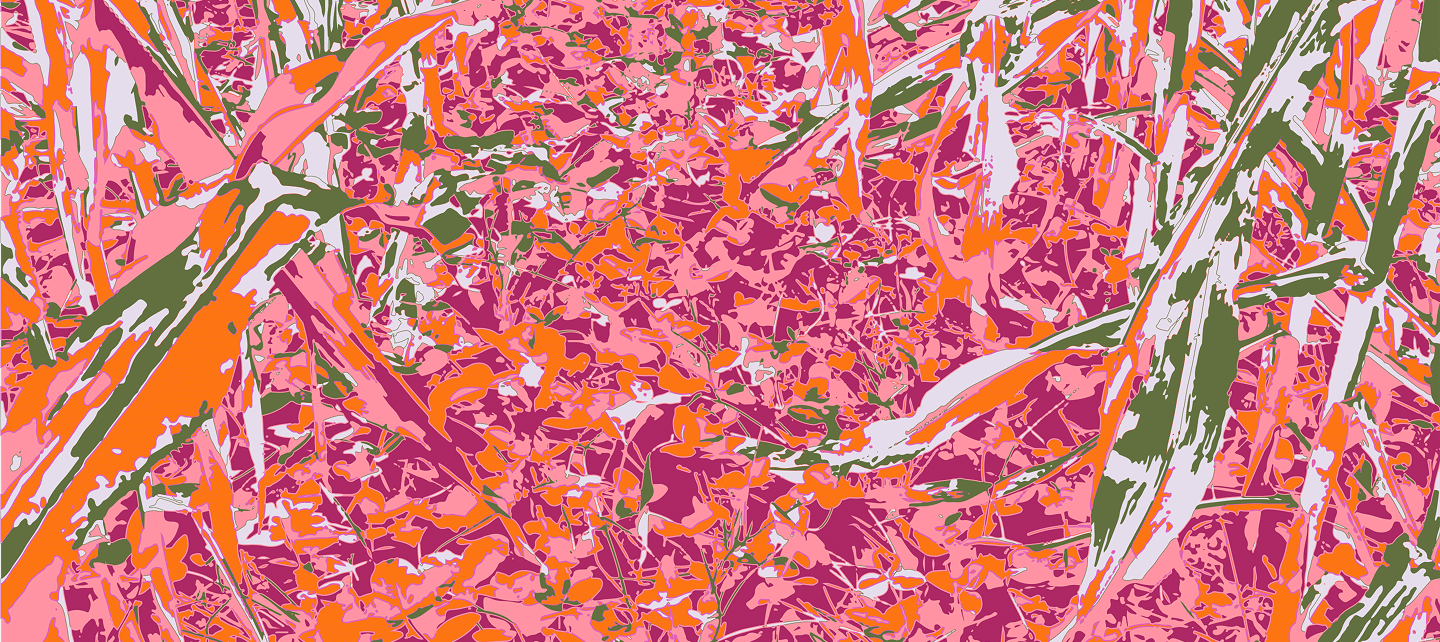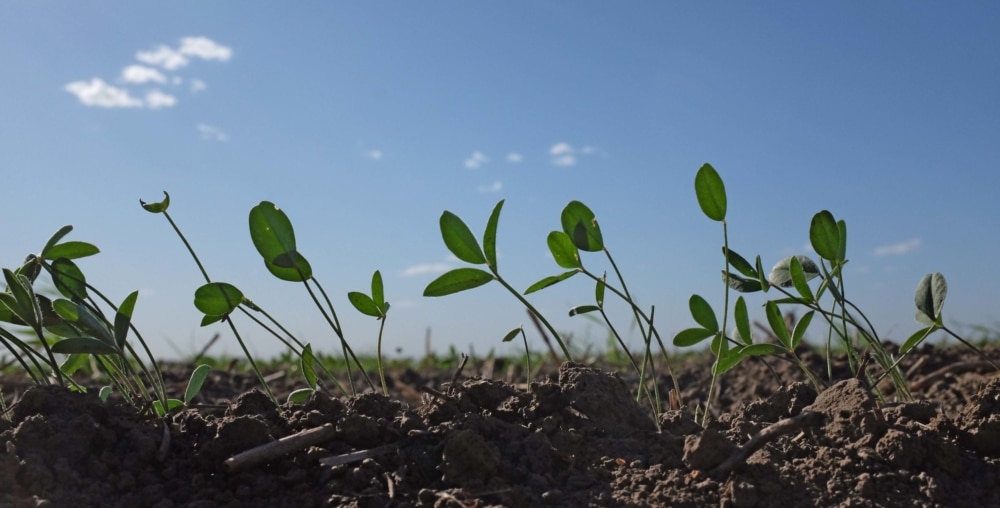Post
Intermediate wheatgrass as a dual use crop for grain and grazing
“Soil is more important than oil: inside the perennial grain revolution” – Read the new feature article in The Guardian
“Soil is more important than oil: inside the perennial grain revolution” – Read the new feature article in The Guardian




